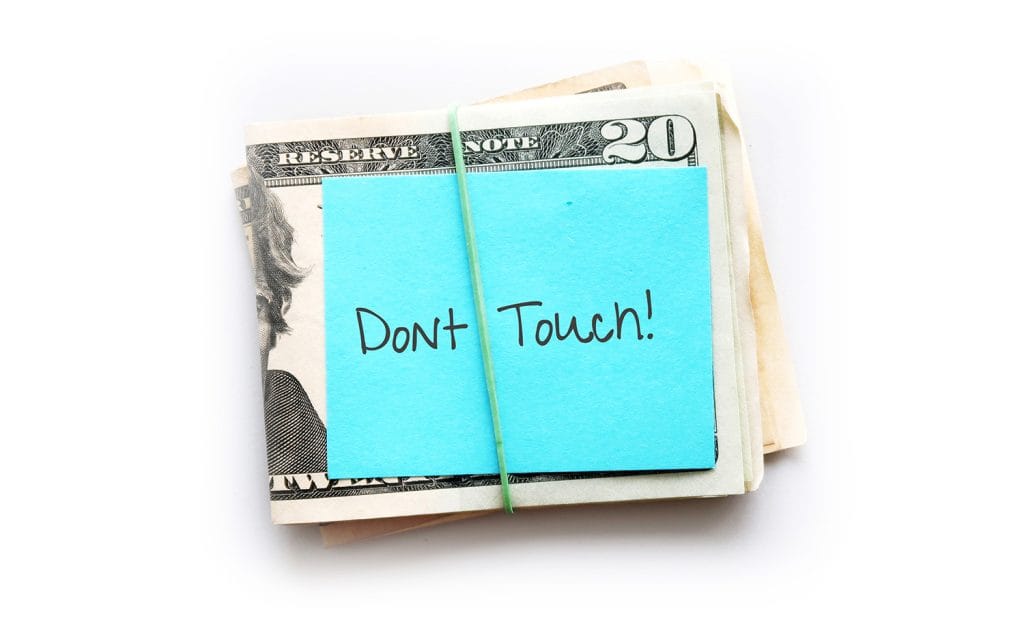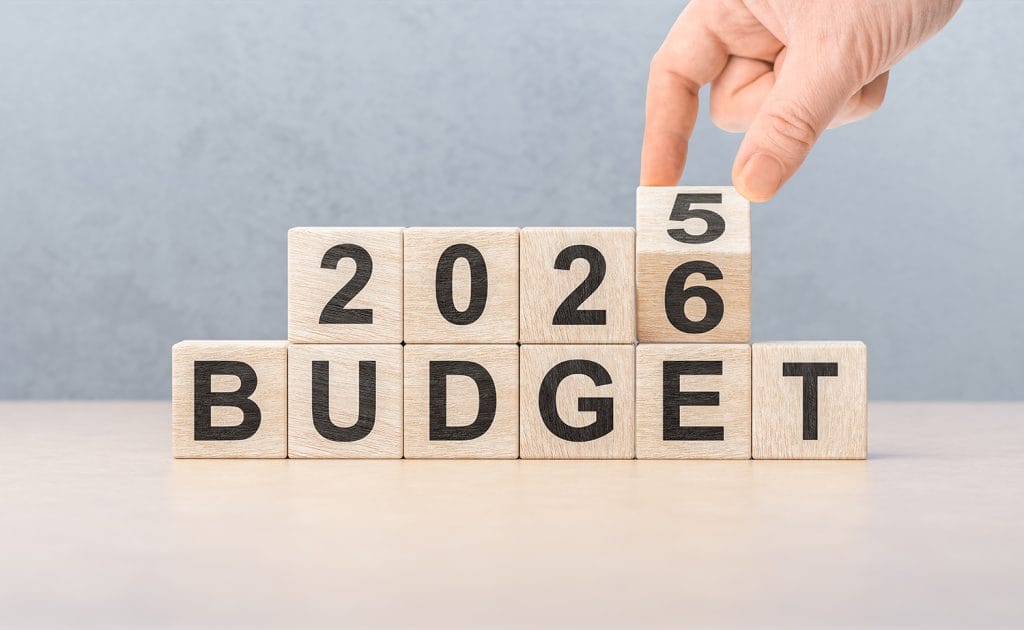
Expect the Unexpected: Why You Need an Emergency Fund
Having money on hand to cover unexpected bills is good for your financial health. Learn about starting an emergency fund.
Maximize Your Retirement Savings With a 401(k)
Do you dream of pursuing your passions, traveling to new destinations, or just relaxing in retirement? Saving, investing, and earning interest with a 401(k) may help you achieve your retirement goals.
A competitive salary, affordable health benefits, flexible work schedule, and paid time off – these likely top your list of priorities when it comes to searching for a new job and accepting an offer. But you may have overlooked one more must-have benefit: access to a 401(k).
How Does a 401(k) Work?
When you are trying to save for retirement, a 401(k) is a smart choice. It allows both you and your employer to contribute money toward your retirement savings.
When you open a 401(k), your employer will assign someone to manage your funds and investments, and then you and your employer can contribute to your plan. You can set up a certain dollar amount or percentage of each paycheck to contribute automatically, and your employer may match those contributions up to a certain amount or percentage.
You decide how the money in your 401(k) should be invested. You may choose a target-date fund based on the year you plan to retire, which automatically rebalances your portfolio with a mix of stocks, bonds, and other investments – typically becoming more conservative as you get closer to retirement. You may also choose from mutual funds and exchange-traded funds. You will receive an annual rate of return on your investments, which is typically higher than what you’d receive from the average savings account. A 401(k) helps you maximize your long-term savings through both investment gains and compound interest.
Why Use a 401(k)?
When you deposit your money into an interest-bearing plan, you earn a set percentage of your balance in interest every year. Your overall balance increases based on the interest you earn and your investment gains, so you are earning money on earned money.
Neither your contributions nor the interest and investment gains you earn are taxable until they are withdrawn or distributed from your 401(k). So, with a 401(k), you reduce your annual taxable income each year and, because most people fall into a lower tax bracket by the time they reach retirement age, you may pay a lower tax rate when you do ultimately withdraw your funds.
Some employers offer 401(k) matching, and some don’t. If your employer does, their match may apply to either your full contribution or up to a certain percentage of your gross income. When available, employer matching is one of the easiest ways to increase your retirement savings.
While the contributions you make to your 401(k) are always 100% vested – meaning you own them – there may be a waiting period or employment time required of you before you own the funds your employer has contributed. Until that time, you may not be able to take the full amount with you if you leave the job.
What Are My 401(k) Choices?
Your employer may just offer one type of 401(k) plan, or you may get a choice. Plans include:
How Much Should I Contribute?
Many experts recommend saving more than 10% of your income for retirement and suggest that you contribute at least the maximum percentage that your employer will match. Remember, maxing out your 401(k) reduces your current tax bill, which is another form of savings.
Ask your employer or tax advisor about limits on how much you and your employer can contribute to your 401(k). Limits are set by the IRS annually, and each 401(k) comes with its own rules and limits for employer contributions as well.
When Can I Withdraw Money From My 401(k)?
If you are under the age of 59½ and want to withdraw from your 401 (k), you will pay taxes and an additional 10% penalty. Some special exceptions exist for first-time homebuyers, exceptional financial needs, and other circumstances.
If you are 59½ or older and still working, you can withdraw funds penalty-free from any 401(k) plans you had with past employers, but you may be restricted on what you can withdraw from your current employer’s plan. If you’re already retired at this age, you may withdraw funds without penalty and, once you’re over 72, you are actually required to take minimum distributions from your 401(k).

Having money on hand to cover unexpected bills is good for your financial health. Learn about starting an emergency fund.

Learn seven ways you can raise your credit score and improve creditworthiness.

Learn the essential basics of budgeting, plus practical tips designed to foster better money habits.
Copied to clipboard!